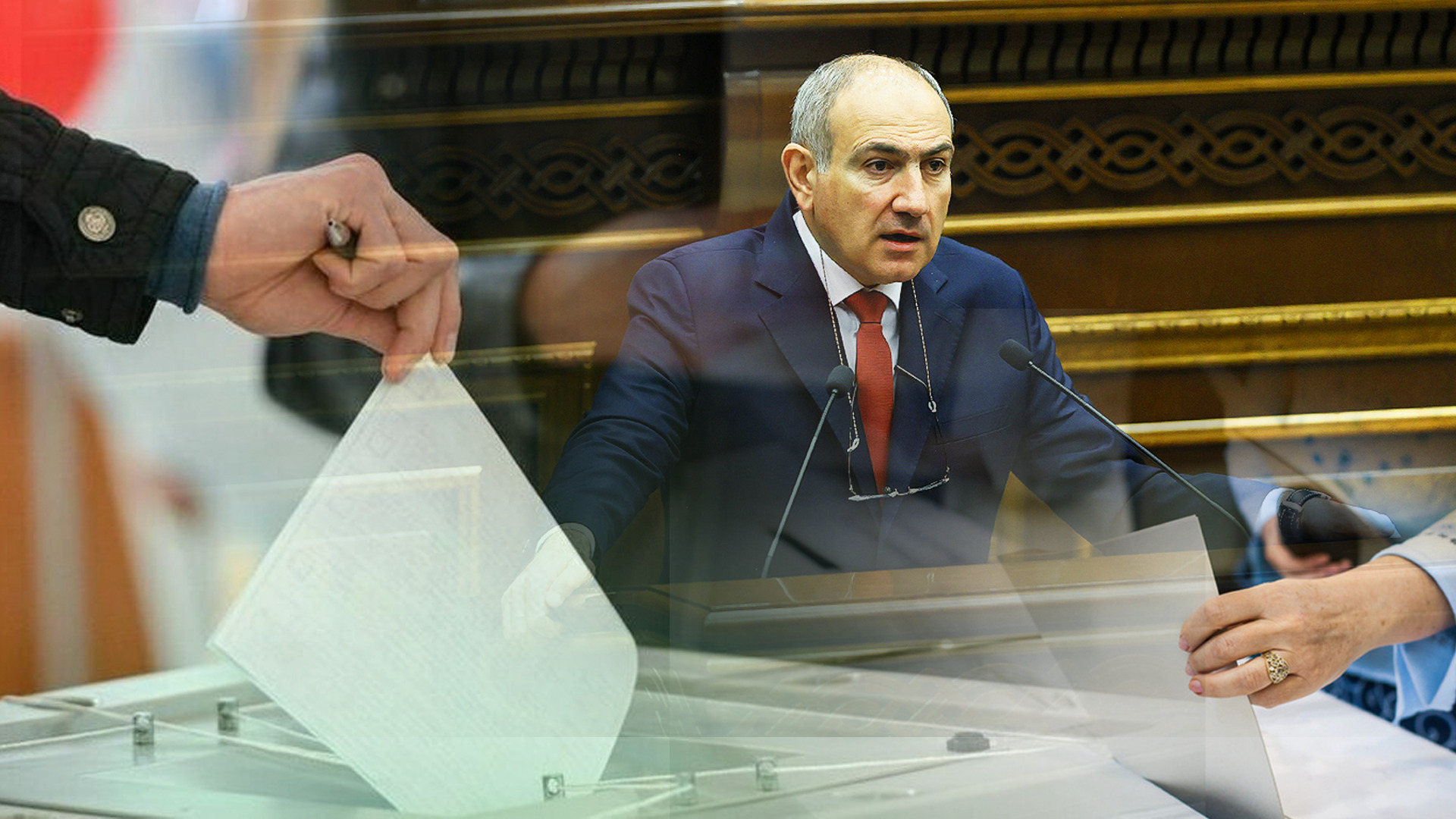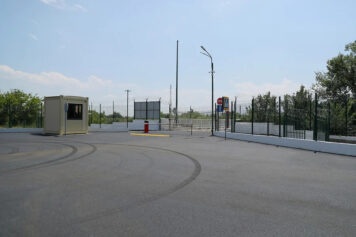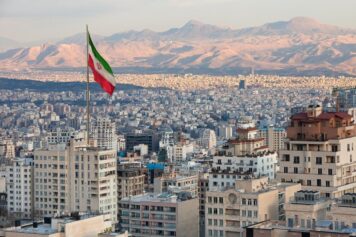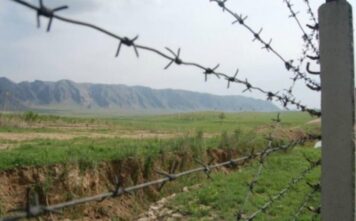The illusion of talk of peace and the real agenda of war
29.08
2025
The parliamentary election in the Republic of Armenia scheduled for 2026 will be a choice between strategic orientations. In my view, the authorities will adopt the slogan “peace or no peace,” which was already predictable after the end of the 44-day war in 2020. The slogan “peace or no peace” is a trap, and in the current period of geopolitical transformation, an expectation of peace without a three-tiered security system is a deception — an artificially trumpeted theme — while in reality peace is a complex, multi-layered process. The great military thinker Clausewitz clearly explained why the aggressor always preaches peace: because the aggressor wants to achieve domination without any resistance. This may seem paradoxical, but for Azerbaijan the most desirable and most opportune moment to start a war or to benefit from one is when the attacked Armenia tries to show resistance, because Baku will present itself to the world as if it were the victim of aggression and will accuse Yerevan of sabotaging the peace process. In other words, the current discourse about peace is a ticking mine beneath which the desire for war is hidden under the pretext of supposed Armenian resistance. In line with Baku’s logic of action, Armenia’s current government says: in order for the peace process to continue, we must make new concessions — even unfounded, unilateral ones, without reciprocity or security guarantees — otherwise war will begin, and we will be to blame and will face another fait accompli of capitulation.
Recently, at a government meeting, the person occupying the prime minister’s chair declared, “I congratulate us all on the establishment of peace between Armenia and Azerbaijan,” but in reality peace has not been established; only an announcement was made about the start of a peace process, yet he presents that announcement as objective reality. If we draw parallels between that statement and Aliyev’s recent speech in Karvachar, the logic suggests that the strategy behind those two speeches should be the same. However, it turns out the speeches are diametrically opposed, because Aliyev spoke of Azerbaijan’s victories, of increasing the military budget (unlike Pashinyan, who spoke of cutting the military budget), of reforms in the army and in particular increasing the number of special forces. The question arises: if peace has been established, where are the details of the peace process, since only a peace process was announced and it has not been confirmed — why haven’t Azerbaijani troops withdrawn from the territories of the Republic of Armenia that have been occupied since 2020? Moreover, Pashinyan insists that there are still territories under Armenian control that belong to Azerbaijan — clearly referring at least to enclaves. Preparing for peace requires, beyond diplomatic, security and military mobilization, the enforcement of provisions and legal norms envisaged by the Armenian Constitution and the unimpeachable conduct of domestic legal procedures; otherwise, as happened with last year’s delimitation and demarcation process — implemented yet still inexplicable — Armenia’s sovereign territory was in fact sold. And now, when it is announced that the delimitation and demarcation process will begin anew, the logical question is: was last year’s process legitimate? It was a one-person arbitrary process, unconstitutional, unrelated to international or domestic law — unlawful and illegal. The result is that Aliyev is preparing for war while Pashinyan is accommodating him. Aliyev is buying time, and today Azerbaijan is not going to war because it lacks international support — except for Turkey, Israel, Pakistan and Syrian terrorists.
It is also interesting that the Kurds are becoming very active in Syria, and Syria is moving toward federalization. The network of change in the Middle East will completely redraw the picture.
Pashinyan’s number one problem is re-election, and many think he is trying to take advantage of growing external support. But that is not the case. For example, when Trump called Armenia “Albania” (by the way, Vazgen Sargsyan’s brother called Armenia the heir of Caucasian Albania), it is clear that the White House chief needs the Nobel Peace Prize, and the authorities have created crude media in pursuit of that. To combat that and to bring reality to the people, one simply needs a clear foreign-policy doctrine, such as Genesis Armenia.
The question arises whether Armenia has room to maneuver in this defeated situation or not, because today the government’s steps in that direction are merely attempts to revive a failed political process and nothing more.
Let us note that one of the directions of U.S. regional policy is to draw Turkey into conflicts: over the last five years Turkey’s influence has increased in Syria, against Greece in Cyprus, and also in the Caucasus. However, in my opinion the U.S. will not allow political Sunnism to strengthen unchecked and will control it. With the Trump-Aliyev-Pashinyan memorandum, the government is trying to frighten us with our defeats in wars and to prove that this memorandum is salvation. But the question is, what if we had not been defeated — then would there have been no memorandum? Of course there would have been one imposed from “above”; Nikol Pashinyan is simply using defeat as a means to consolidate his position, while if we had won, a completely different field of possibilities would have opened up — he is simply trying to remove even the responsibility for defeat from himself.
Today Turkey’s role is being neutralized in Ukraine by a likely tacit U.S.–Russia consensus. In the “Zangezur corridor” issue we could find ourselves in advantageous conditions. Even the planned railway by Turkey is a question, since Turkey is economically in a difficult situation today. If the construction is due to be completed in about four to five years, Armenia can delay it for, say, 15 years until Turkey shakes off its difficulties. By avoiding the deeper causes, Nikol tries to present the alleged opposition between peace and war to society with populism and wordplay, but in reality no politically mature and adequate Armenian or party has ever opposed peace — and the party of war is precisely the Civil Contract, because most of the wars and the casualties happened during their rule. To be honest, it is also our fault that we cannot win by propaganda, and people have the impression that if the corridor is not opened there will be war; but in fact we want Armenia to develop and the route to open, yet the risks and dangers must be calculated in advance, and to start such a dangerous and risky process one must at least have a security analysis for the coming decade. For example, if provoked, what will our actions be if we have made the corridor the focal point for six or seven states?
After the Four-Day War, American think tanks began to work seriously on Caucasus issues and concluded that the main problem is not Artsakh but this corridor. As far back as the 1990s there was a plan to make Meghri a hub for casinos, which would have been an excellent money-laundering opportunity for Turkish and Iranian funds. Channeling Iranian and Turkish money here would mean externalizing Armenia’s security, which in turn would mean Syria- or Lebanon-style fragmentation for Armenia. Therefore, Armenia’s sovereignty is not built on paper, and Turkey and Azerbaijan do not like such papers. The true shaper of Armenia’s sovereignty is the Armenian army standing on Armenian territory, armed with modern weapons.
Pashinyan says he has closed the Karabakh page — whoever disagrees should start a revolution.
In reality, Pashinyan has not closed the Karabakh page; he has opened it at a much deeper level. We were in a very difficult situation in 1988 too, but we managed to get out of it. Who would have imagined that Syria would become militarized, or that dictatorial Iraq would de jure become a federal state? If Armenia is de facto fragmented and a corridor is seized, who said that the multiethnic neighboring state should not itself be fragmented? We only regret that the current Armenian authorities do not know what strategy is, or what the interests of Armenia, the Diaspora and Artsakh are. If there is no Artsakh, there will be no security for Armenia either.
I state clearly: there will be a collective return to Artsakh, and this government will not remain.





